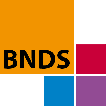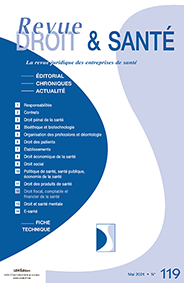Résumé : Le système de santé voit se développer une évolution du vocabulaire, avec le glissement du terme « patient » vers celui de « client ». Cette tendance comporte des risques, notamment celui d’une marchandisation de la santé et d’une exploitation du patient vulnérable. La confusion entre l’hôpital, lieu de prise en charge médicale, et l’hôtel, axé sur le confort, est également soulignée. Parallèlement, un nouveau paradigme émerge, celui de la décision médicale partagée, où le patient devient un acteur et un décideur. Un paradoxe apparaît alors entre cette injonction à la codécision et la réalité des progrès scientifiques fondés sur des preuves. Nous traiterons de l’importance des mots et des concepts utilisés pour qualifier les pratiques médicales, et ce, en mettant l’accent sur les dangers du « paternalisme marchand » et la nécessité d’une vigilance accrue. Enfin, cet article rappellera que l’accès à l’information juridique ne garantit pas l’expertise du patient et mettra en avant l’importance de la réflexion éthique et de la responsabilité dans le domaine de la santé.
Abstract: The healthcare system is witnessing a shift in vocabulary, from the term “patient” to “customer”. This trend is fraught with risks, including the commodification of healthcare and the exploitation of vulnerable patients. The confusion between the hospital, a place for medical care, and the hotel, focused on comfort, is also highlighted. At the same time, a new paradigm is emerging, that of shared medical decision-making, in which the patient becomes an actor and a decision-maker. A paradox emerges between this injunction to co-decision and the reality of evidence-based scientific progress. We will discuss the importance of the words and concepts used to describe medical practices, emphasising the dangers of “market paternalism” and the need for greater vigilance. Finally, this article will remind us that access to legal information does not guarantee patient expertise and will highlight the importance of ethical reflection and responsibility in the healthcare field.
Mots-clés : « patient-consommateur » – droit de la consommation – obligations médicales – acte de soin – acte non commercial
Keywords: patient-consumer – consumer law – medical obligations – act of care – non-commercial act



